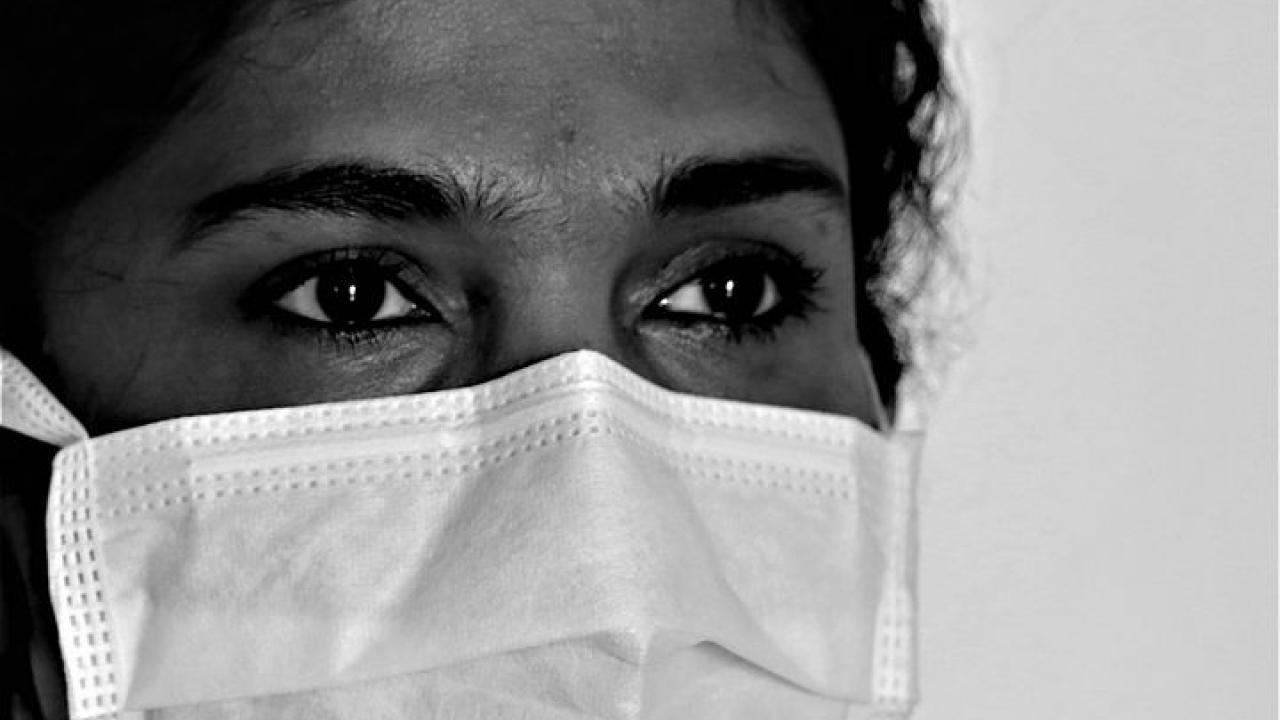
Event Date
Title: Legal Status and Health: Examining the Case of Community Supervision among Latina Women in the United States
Speaker: Carmen M. Gutierrez, Assistant Professor, Department of Public Policy & Faculty Fellow, Carolina Population Center, University of North Carolina at Chapel Hill
Abstract: In this paper, we seek to expand our understanding of legal status as a determinant of
health and racial/ethnic disparities in health by investigating community supervision among
Latina women in the United States. Latina women are uniquely vulnerable to being caught in the
dragnet of community supervision by the US criminal legal system, the US immigration system,
and the US welfare system. There are important reasons to expect that community supervision
would have distinct and significant consequences for Latinas’ health and health care as they face
varying concerns about their criminal legal, immigration, and motherhood statuses. Such
consequences, however, may be difficult to detect because of the potentially unique selection
processes that entrap Latinas into community supervision. Leveraging data from the National
Survey on Drug Use and Health, our study examines the extent to which their health and health
care outcomes reflect a unique gendered and racialized selection process. Overall, we find
evidence that Latina women are likely uniquely selected into community supervision, relative to
other race/ethnic and sex groups. Results show that health disparities between community
supervised and non-community supervised people are muted among Latina women. Unlike other
race/ethnic groups, Latina women share similar levels of chronic physical health conditions,
regardless of their community supervision status. We also found that gender disparities in health
and health care use are smaller or nonexistent among Latinx adults under community
supervision. Community supervised White and Black adults, on the other hand, have
substantially wider gender gaps in health and health care use.
This is the first seminar of the GMC’s Health and Migration Seminar Series.
